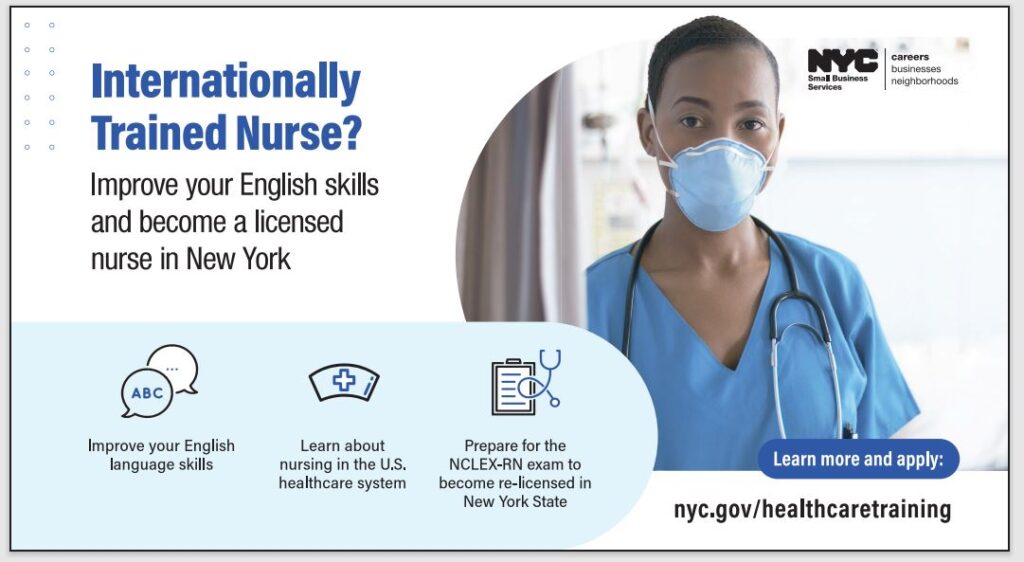College-educated immigrants more likely to have advanced degrees, higher incomes but barriers remain

College-educated immigrants in the United States are more likely to have advanced degrees and to major in the science, technology, engineering and math (STEM) and health fields than their U.S.-born peers with college degrees. For these reasons, the average monthly earnings of immigrant college graduates exceed those of U.S.-born graduates.
These findings come from a Migration Policy Institute (MPI) analysis of an innovative international survey that tests skills needed for full participation in today’s increasingly knowledge-based world.
By pooling the three most recent Program for the International Assessment of Adult Competencies (PIAAC) surveys, carried out in 2012, 2014 and 2017, researchers Jeanne Batalova and Michael Fix were able to examine the inter-relationships between adults’ cognitive skills (literacy, numeracy and digital) and economic outcomes, including workers’ job quality and skill underutilization.
Among key findings in “The Skills and Economic Outcomes of Immigrant and U.S.-Born College Graduates:”
- Sixty percent of immigrant college graduates have at least a master’s degree versus 53 percent of the U.S. born with college degrees. Two-thirds of immigrants in the PIAAC sample earned their highest degree in the United States.
- Immigrants’ degrees are more heavily concentrated in the high-demand STEM and health fields than those held by the U.S. born: 51 percent versus 36 percent.
- Immigrant graduates who work full time reported having higher monthly earnings than U.S.-born workers — $7,140 versus $6,500 — in large part because immigrants are more likely to have graduate-level degrees and to have majored in STEM or other in-demand fields. Further, immigrants’ self-reported job quality — their autonomy at work, managerial responsibilities and job satisfaction — roughly equal those of the U.S. born.
Despite these outcomes, the literacy, numeracy and digital skills of immigrant college graduates lag those of the U.S. born. The MPI analysis found a 22-percentage point gap in literacy and 11-percentage point gap in numeracy between immigrant college graduates and their U.S.-born peers.
These gaps could owe in part to the fact that PIAAC’s skill assessment was conducted only in English.
Lower skills help explain one trend: Immigrants’ higher educational levels do not always translate into occupational gains. For instance, immigrants with low literacy levels were four times more likely than those with high scores (45 percent versus 11 percent) to experience “brain waste,” that is, to see their skills underutilized.
MPI has previously estimated that about 2 million college-educated immigrants in the United States worked in jobs that require no more than a high school degree or were unemployed as of 2019 — the result of lower levels of English proficiency, licensing barriers, limited social and professional networks and other challenges.
The analysis of PIAAC data found that 20 percent of immigrant college graduates were underemployed — a share equal to that of the U.S. born. With the U.S. labor market facing persistent shortages, including in high- and middle-skilled jobs, addressing the skill underutilization for U.S. adults, regardless of nativity, should be an important consideration for policymakers and other stakeholders. “As the number of U.S. adults with college degrees continues to grow, in part due to immigration, removing licensing barriers and helping underutilized workers acquire skills and transition into jobs where they can fully apply them represents an important strategic investment in building the nation’s talent base and competing internationally,” Batalova and Fix conclude. “And with more than two-thirds of immigrant graduates identifying as racial and ethnic minorities, supporting their economic integration is also an important dimension of advancing racial equity.” — Migration Policy Institute













